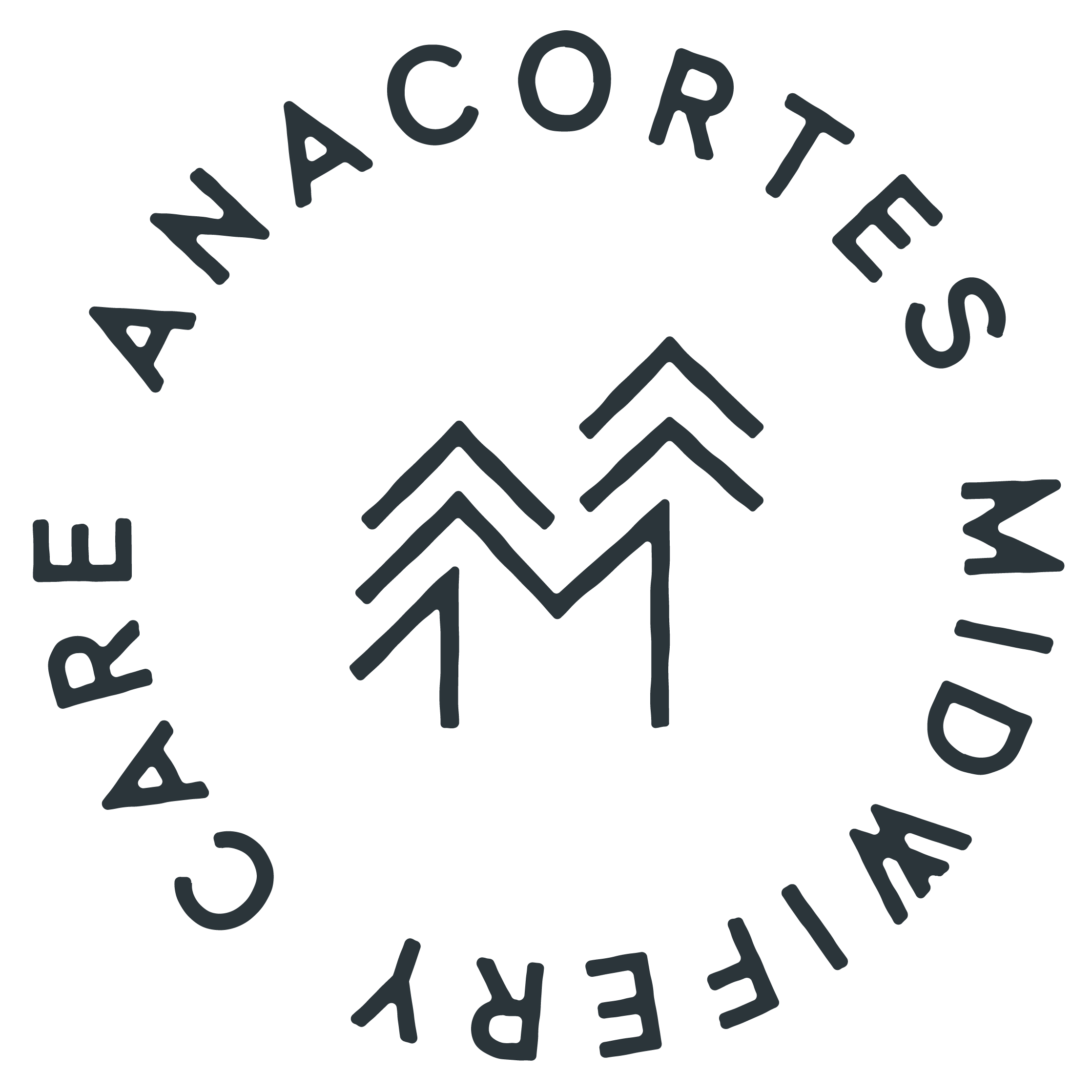Anacortes Midwifery Care is committed to providing a safe and respectful work environment, free from bullying and harassment, which can be a form of workplace discrimination. We have a zero-tolerance stance on sexual and other unlawful harassment based on any protected characteristic: sex, race, color, religion, national origin, age, disability, genetic information, sexual orientation, transgender status, etc. It is illegal and will not be tolerated.
All employees have a right to work in an environment free from bullying or harassing conduct, including sexual harassment. Anacortes Midwifery Care requires that all employees (including contractors) refrain from bullying or harassing anyone, including coworkers, members of the public, vendors, and clients.
This applies to everyone in the workplace, including supervisors, co-workers, non-employees (e.g., customers, vendors, contractors), and covers conduct that occurs on company property, during company time, or through company communications systems.
Anacortes Midwifery Care will not tolerate harassment of any kind. A confirmed complaint of harassment will result in disciplinary action, up to and including termination.
This policy will be distributed to all current employees and posted online for immediate access for all employees. The policy will also be distributed to new employees during orientation.
Individuals that report bullying or harassment in good faith are protected from retaliation by Anacortes Midwifery Care or any employee of the company. Retaliation includes but is not limited to employee discipline, discharge, further acts of discrimination, or other adverse actions when those acts are intended to punish an employee for reporting harassment, opposing discrimination, or filing or assisting with a complaint to local, state, or federal antidiscrimination agencies.
Anacortes Midwifery Care will promptly investigate complaints of bullying, harassment, or retaliation. Such investigations will be fair and impartial. All employees of Anacortes Midwifery Care are required to cooperate with investigations of workplace bullying, harassment, or retaliation.
Definitions
Bullying is verbal or physical conduct that seeks to harm, intimidate, or coerce another person. Bullying is not necessarily based on a person's membership in a protected category like race, sex, age, or disability, among others.
Harassment is persistent and unwelcome conduct because of any of the bases protected by law (race, sex, age, disability, etc.). Harassment exists whenever:
Submission to harassing conduct is made, either explicitly or implicitly, a term or condition of an individual's employment,
Submission to or rejection of such conduct is used as the basis for an employment decision affecting an individual.
The conduct interferes with an employee's work or creates an intimidating, hostile or offensive work environment.
Sexual harassment is one type of harassment and includes unwelcome sexual advances, unwelcome physical contact of a sexual nature or unwelcome verbal or physical conduct of a sexual nature. Unwelcome verbal or physical conduct of a sexual nature includes the repeated making of unsolicited, inappropriate gestures or comments and the display of sexual materials not necessary for our work.
Recognizing Harassment
It is impossible to list every type of behavior that can be considered bullying or harassment in violation of this policy. In general, any conduct that could interfere with an individual's work performance or create a hostile work environment is forbidden. This is the case even if the offending employee did not mean to be offensive – employees must be sensitive to the feelings of others. Even mild offensive conduct can be considered bullying or harassment if someone has made it clear that it is unwelcome. Some examples include:
Verbal: Jokes, insults, and innuendoes; threats; degrading sexual remarks; whistling; cat calls; comments on a person's body or sex life; or pressures for sexual favors; participating in derogatory or insulting gossip.
Non-Verbal: Intimidating or confrontational body language; gestures, staring, touching, hugging, or patting; blocking a person's movement; standing too close; brushing against a person's body; display of sexually suggestive or degrading pictures; racist or other derogatory cartoons or drawings.
Employee Responsibilities: Employees who experience, witness or suspect bullying or harassing behavior must report the behavior to the lead midwife. Employees that feel comfortable directly intervening in situations where they perceive bullying or harassment are encouraged to do so.
Lead Midwife Responsibilities: Receiving a complaint of bullying or harassment, observing such behavior, or suspecting that such behavior is occurring, initiates a duty to investigate the behavior and address it as necessary.


